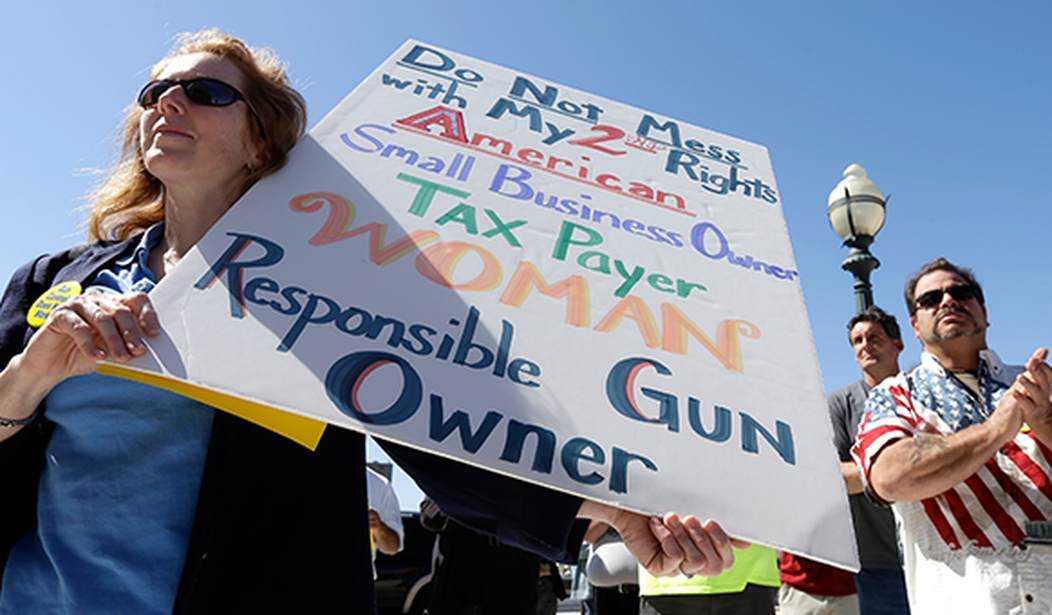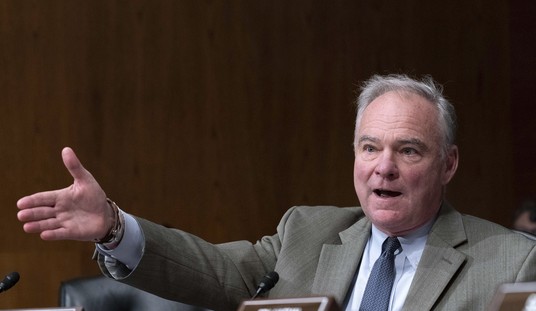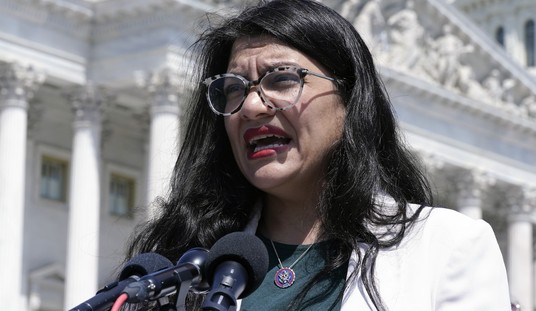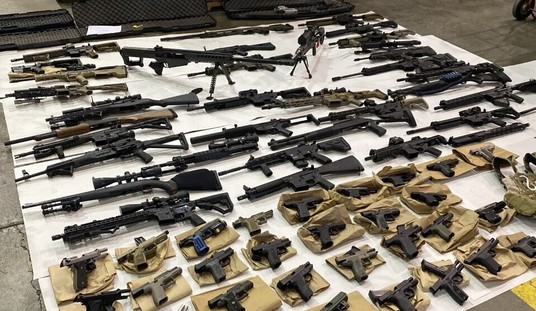A new state Senate committee set up to examine ways to reduce violent crime in St. Louis and Kansas City held its first meeting on Monday at the Missouri state capitol, and as expected, there was a stark divide between lawmakers and witnesses who were pushing gun control solutions and those wanting to target violent offenders instead of legal gun owners.
Universal background checks and red-flag laws were of the most common suggestions in the hearing. But some lawmakers and witnesses were concerned that passing those provisions could be problematic for legal gun owners.
“Possibly removing handguns from someone who a family member thought might be a danger to themselves or whatever, that’s assuming they’re guilty before they’ve had any kind of due process,” said Jeanie Riddle, R-Mokane. “For me, I would find that an infringement on my Second Amendment rights and, actually, my rights as an American citizen.”
There’s already a major push for “red flag” laws in many states, and the start of the 2020 legislative sessions are still several weeks away. We’ve discussed the fact that red flag laws aren’t just riddled with due process concerns, but states have seen an overall increase in suicides after red flag laws have been implemented, which indicates they’re not reducing overall suicides, though firearm-related suicides may drop moderately after implementation.
Other witnesses spoke about the need for more effective law enforcement strategies, and even officer retention.
Rolla Police Chief Sean Fagan, president of the Missouri Police Chiefs Association, outlined a severe retention and hiring problem for police officers across the state.
“There’s not a police department in the state of Missouri right now that’s not shorthanded and are easily being able to hire police officers,” said Fagan, who worked in the Florissant Police Department for more than three decades before he moved to Rolla. “We have had this problem since the Ferguson issue.”
Fagan said people don’t want to be police officers because they don’t want to put themselves through the “liability and the problems” associated with the job.
One way to deal with that shortage of officers, at least in St. Louis and Kansas City, would be to bring in state troopers to work the interstates in the area. Senator Kiki Curls, D-Kansas City, was among those unimpressed by the idea.
“When you have law enforcement that happens to come from outstate Missouri and you put them deep in the city, in the hood in the city of St. Louis or deep in the city of Kansas City … I have some concerns about that,” said Curls. “When you have a law enforcement person who happens to be either more fearful or out of their comfort zone, sometimes things happen. I just want us to be wary of that.”
I think that’s fairly disrespectful to the men and women serving in the Missouri Highway Patrol, honestly. But my issue with the proposal is that the state troopers would be limited to working the interstates, when most of the violent crime is happening in neighborhoods.
The local prosecutor in St. Louis wants to target those neighborhoods and the violent offenders in those communities with gang intervention programs.
St. Louis Circuit Attorney Kim Gardner also said crime in the city has gotten deadlier in the last decade.
“From 2015 to 2016, 94% of homicides in St. Louis city involved a gun,” she said. “As opposed to 78% in 2004. Guns were also involved in over 60% of assaults and robberies from 2015 to 2016, compared with 43% in 2004.”
Gardner asked the committee for $500,000 to create a pilot gang intervention unit for St. Louis. She said this type of unit was able to help reduce homicides in the city by 30% in the early 1990s to early 2000s.
The unit worked to build trust in the communities and schools, Gardner said. Officers would help provide job education and training services, but would also have “strategic intel” that helped prosecutors identify “crime drivers.” Gardner said this made sure prosecutors could hold those offenders in custody during the bond process because they were a threat to public safety.
That’s a much better approach than pushing “red flag” laws or universal background checks in an attempt to stop the gang and drug-related violence, because not only does it try to help gang members stop shooting and turn their lives around, it involves targeted enforcement and prosecution of those who don’t take advantage of the opportunity to change. More importantly, it focuses resources on the individuals who are actually responsible for the violent crime, as opposed to passing gun laws aimed at legal gun owners in the vain hope that they’ll have some sort of trickled-down impact on violent criminals.
The committee will be meeting over the next several weeks, and is expected to push specific legislation in the 2020 session. I doubt we’ll see a strong push for universal background checks, but it’s possible that some form of “red flag” legislation could emerge with the committee’s support.









Join the conversation as a VIP Member